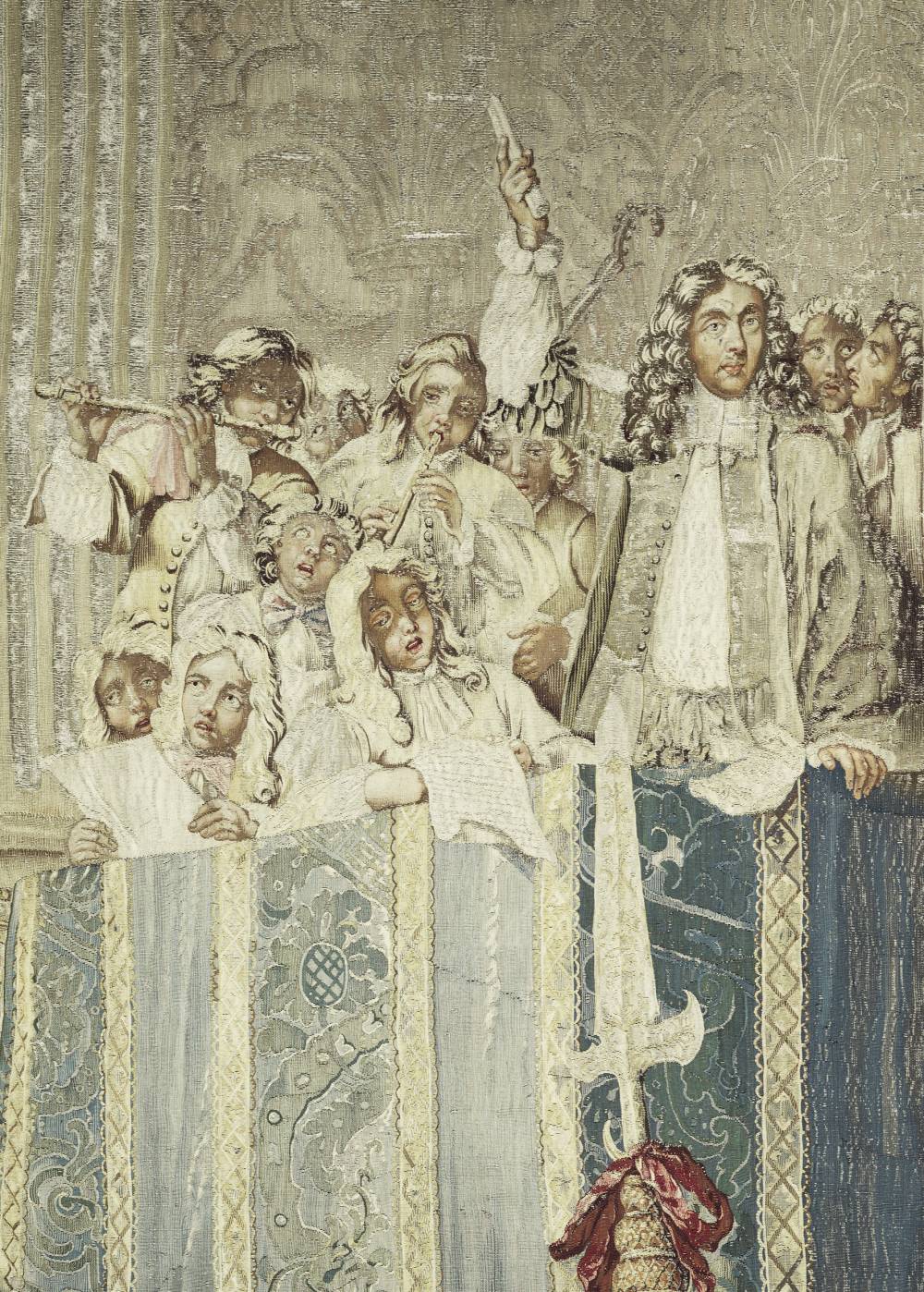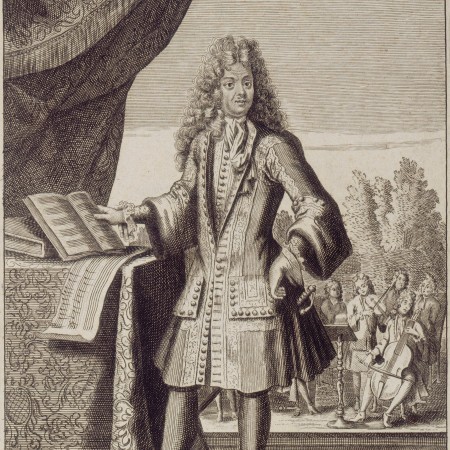Lully and church music
Jean-Baptiste Lully, the famous Superintendent of the Music of King Louis XIV, never served as music master at the Royal Chapel, even though he composed some impressive religious music. Thierry Favier Musicologist explains…

Lully is mainly known for his secular compostions, but how many religious pieces did he write?
Twelve grand motets which Lully composed during his time at the court have survived. The first was Jubilate Deo written in 1660, for the signing of the Treaty of the Pyrenees. Royal events were held at the time to celebrate the peace treaty with Spain, the King’s wedding, his arrival in Paris, the birth of the Dauphin and his christening in 1668. Around this time, with his musicians and entourage, Louis XIV began to dream of creating French music with its own distinctive sound, to rival Italian music - what was to become the grand motet. The term itself was coined in the 1680’s, a few years after the famous recruitment contest in 1683. Lully’s had no real need to compose motets, unless for grand royal occasions or solemn celebrations in Paris in the presence of the royal family. His role was justified by the fact that such events assembled the musicians of the King’s Chamber and the Royal Chapel. As such, there was real rivalry between Lully, official composer then Superintendent of the Music of the King’s Chamber, and the music masters of the Royal Chapel. His motets have survived, but very few by music masters from early in Louis XIV’s reign such as Thomas Gobert, Jean Veillot and Gabriel Expilly.
What was Lully’s relationship with religion?
It is impossible to understand people’s relationship with religion in the 17th century without awareness of the fact that it was a profoundly Christian society. Religion was very present and religious practice were almost systematic. Lully was never anticlerical but he was called a libertin (for his behaviour rather than his attitudes). He was in no way a precursor of the atheism of the 18th century. He was homosexual, which put him in an awkward position vis à vis the Church. A scandal erupted in 1685 when his relationship with the chapel choirboy Brunet came to light, at a time when the court placed increasing emphasis on religious devotion. Satirical poems and pamphlets were secretly circulated following this affair, which reached as far as the Medici court in Italy. The repercussions meant that his last operas were not often performed at court. It came at a time when hard-line clerics, such as the famous Bossuet, would condemn the theatre and even more vehemently the opera (seen as a den of sin with its sensual singing and the pleasure it gave to the public). Before his death Lully had to make a public apology and renounce opera before a priest. His last composition was a spiritual air intitled Il faut mourir, pécheur which, some said, he composed after receiving the last rites as proof of his conversion.
What was Lully’s relationship like with the Royal Chapel and its music masters?
It depends on what point in his career. Before 1661 when he became Superintendent, the post of music master was clearly an interesting prospect. Lully had to compete with the Royal Chapel composers. He continued composing for grand occasions but once Superintendent it was no longer an issue. That did not not stop him working on religious music when prestigious opportunities arose. One needs simply think of the dazzling success of his Miserere, first performed in 1663, or his famous Te Deum composed for the christening of his son Louis (whose godfather was the King himself). Little is known, however, about how he got on with music masters Du Mont and Robert, or the young Lalande. There does seem to have been continuous interaction between the musicians. Lully came from violin and dance music. Studying his scores shows how much his musical training is reflected in his work, but also the influence of the church style of Robert and Du Mont.

The christening of the Dauphin in Saint-Germain-en-Laye
Detail showing the musicians in the gallery, with Lully conducting

Jean-Baptiste Lully
Superintendent of the King’s Music